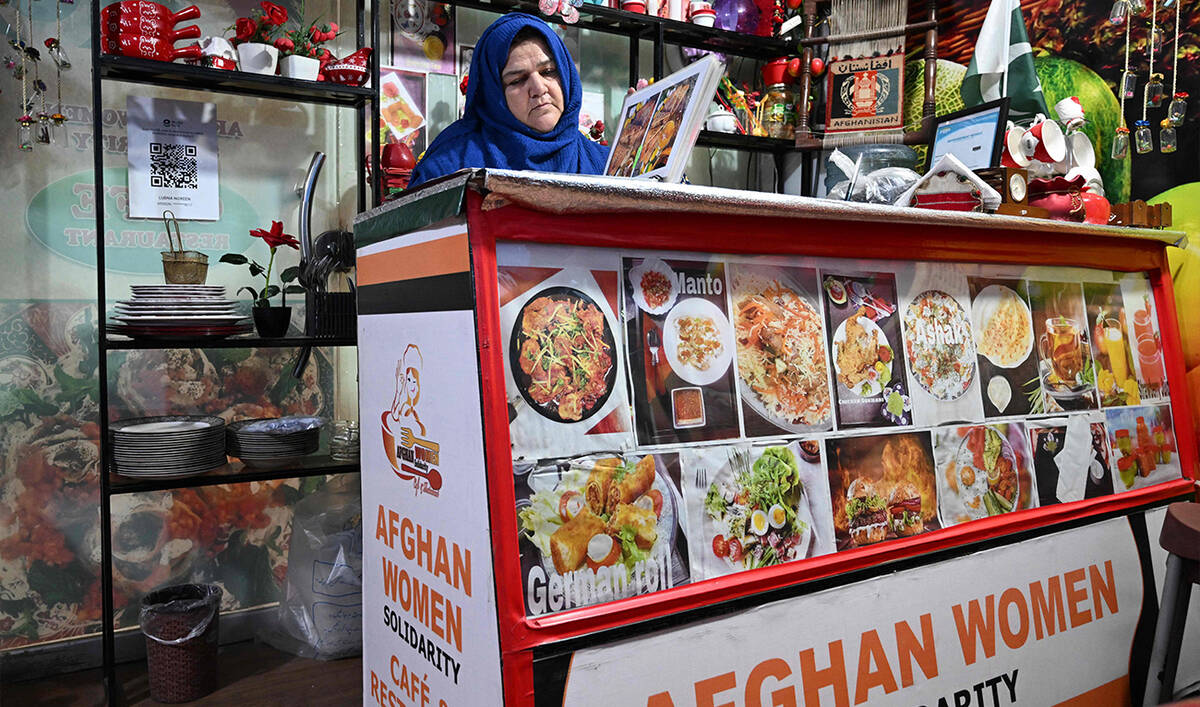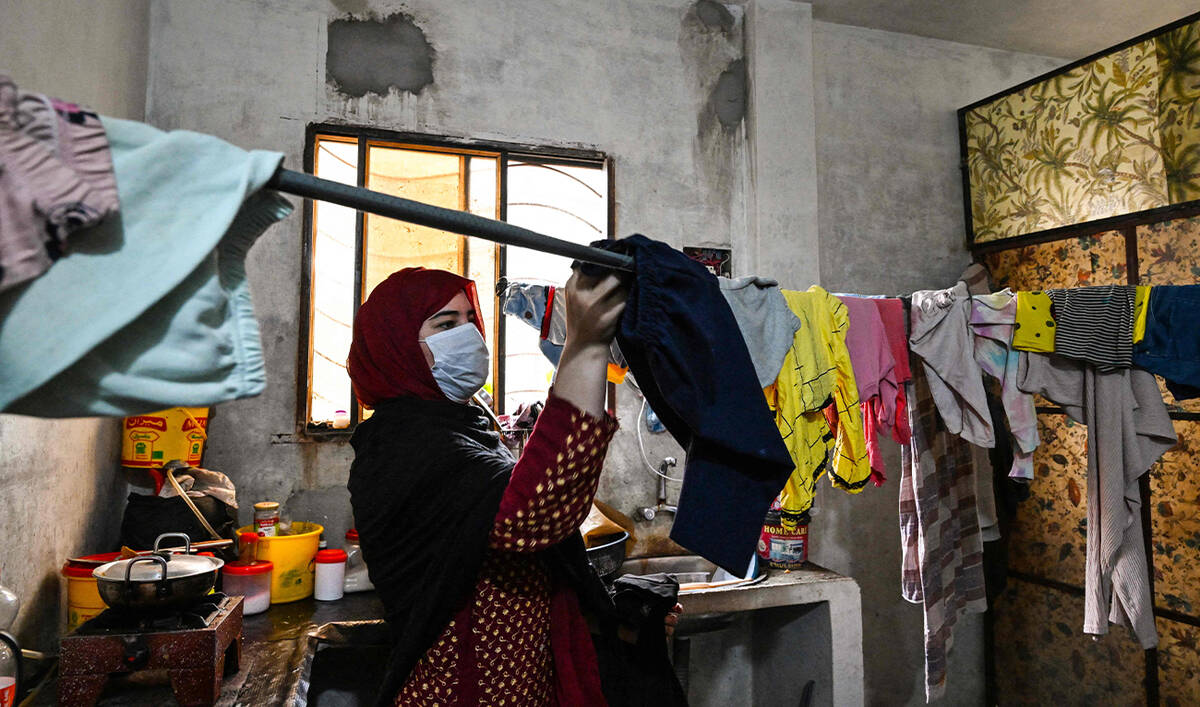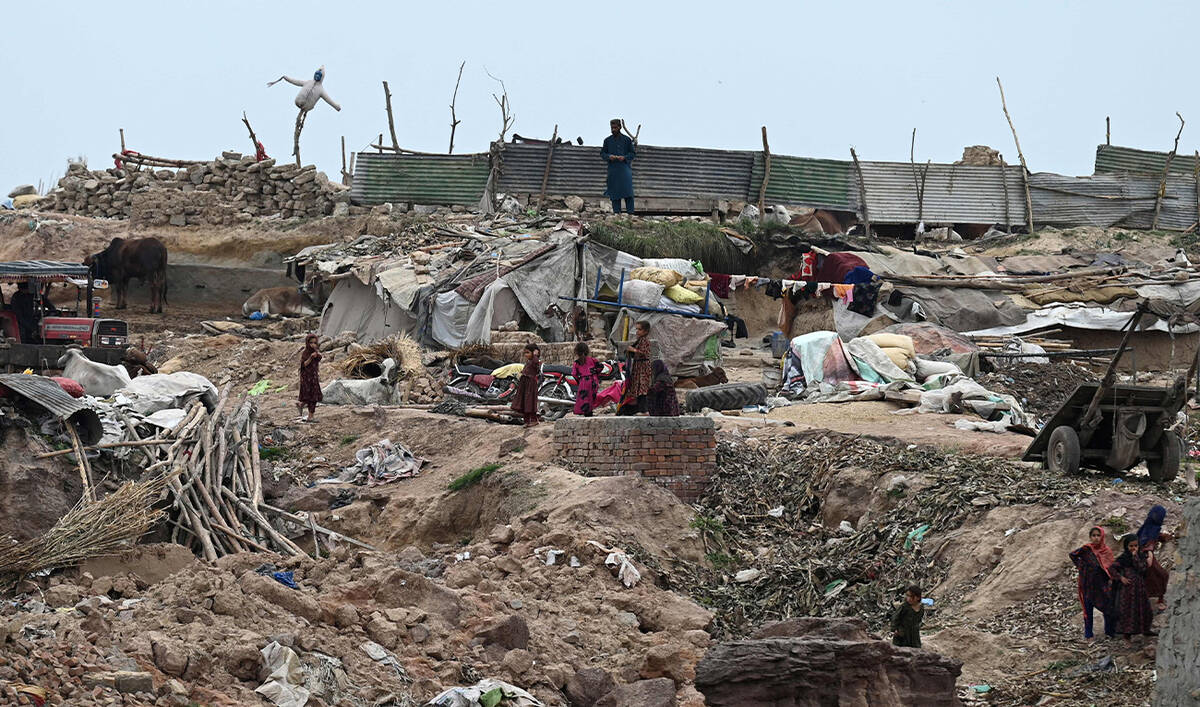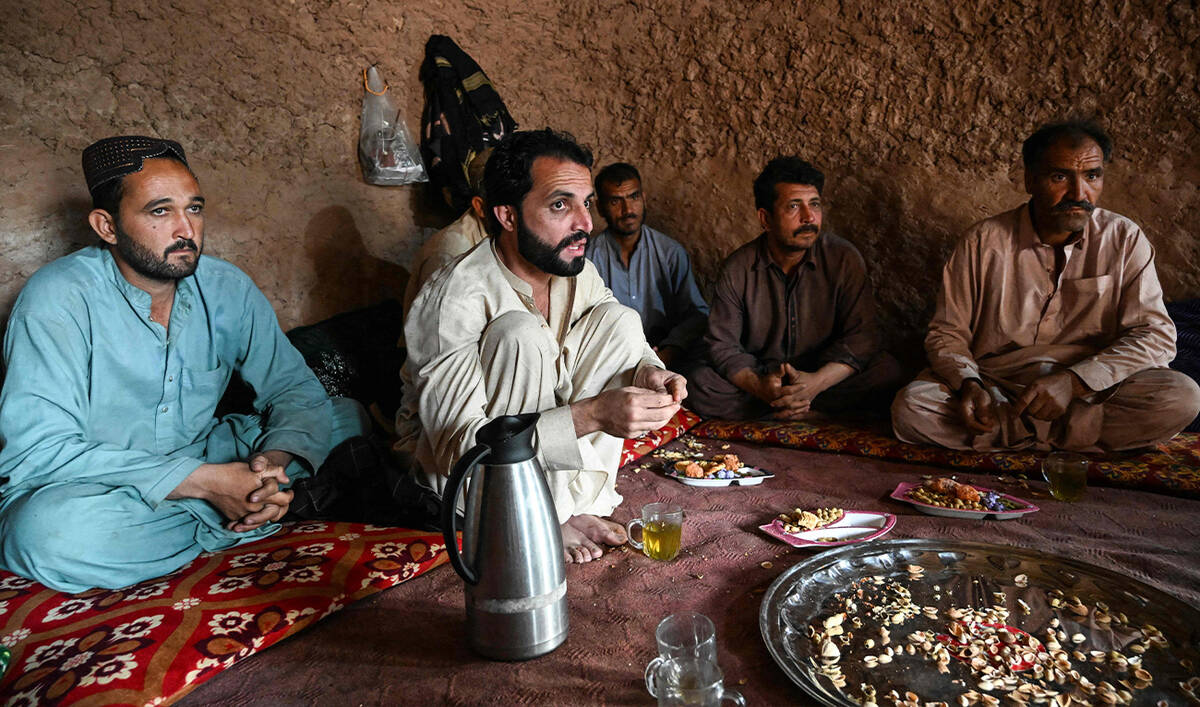KARACHI: A day after Moody’s predicted an economic growth slowdown across the Asia Pacific region, triggered mainly by the deadly coronavirus outbreak in China, Pakistan’s business community and experts said on Wednesday that it could disrupt 25 percent of trade between the two countries, due to delayed shipments from Beijing.
The international credit rating agency shared its research report on Tuesday where it predicted that the coronavirus outbreak could add to pressures on growth, with the impact felt primarily in trade and tourism, and for some sectors through supply-chain disruptions, too.
“Our baseline assumption is that the economic effects of the coronavirus outbreak will continue for a number of weeks before tailing off and allowing normal economic activity to resume,” Christian de Guzman, a senior Vice President at Moody’s, said on Tuesday.
Moody’s further lowered China’s growth, reflecting the impact of the virus which has killed 1,868 people in China thus far after it was first reported in January this year.
This is in addition to more than 72,436 cases of infections that are currently under investigation.
“We have lowered our China growth forecast to 5.2% for 2020 from 5.8% previously, reflecting a severe but short-lived economic impact, with knock-on effects for economies across the region,” De Guzman said.
The outbreak has also impacted China’s external trade and disrupted global supply chains, with the country’s economy on a standstill for the past three weeks after Beijing extended the lunar new year holiday to contain the spread of the virus.
Closer to home, it means a delay in shipments of raw materials to Pakistan.
“We can say that around 25 percent trade with China is impacted so far and if the holiday break is further extended, the situation for Pakistan may be worrisome because it may create a shortage of raw material for our industries,” Khurram Ijaz, Vice President of the Federation of Pakistan Chambers of Commerce and Industry (FPCCI), told Arab News.
Pakistani importers, for their part, said that delayed raw material shipments from China, especially chemicals used by textile industries, could have a negative impact on the sector.
“There is a disturbance in the trade flow as the supplies come from there (China). The production will be impacted in Pakistan because the raw material for many industries comes from China,” Imran Ghani, Former Chairman of Pakistan-China Business Council, said.
Importers of chemicals and dyes from China fear that this could eventually lead to a substantial drop in exports.
“The chemical and dyes sector imports raw material for the textile sector that may hurt exports. At present, orders have been placed but shipment delays will create supply gaps and those who are not maintaining buffer stocks will face a difficult situation in meeting export targets,” Amin Yousuf Balgamwal, Pakistan Chemicals & Dyes Merchants Association, told Arab News.
Another sector that is bearing the brunt of the coronavirus outbreak is that of fruit and vegetables.
“We are facing a shortage of reefer containers due to a reduction in the volume of import cargoes, followed by a marked downward trend in the imports from China which is having a pronounced negative impact on exports,” Waheed Ahmed, the Patron-in-Chief, All Pakistan Fruit & Vegetable Exporters, Importers & Merchants Association (PFVA), said, adding that following a ban on the import of garlic from China, the Chinese garlic is “being re-exported from Pakistan, too.”
Pakistan’s import and export with China amounted to around $6 billion during the first six months of the current fiscal year FY20, while both the countries exchanged goods worth $11.8 billion during the last fiscal year FY19, State Bank of Pakistan data stated.



















